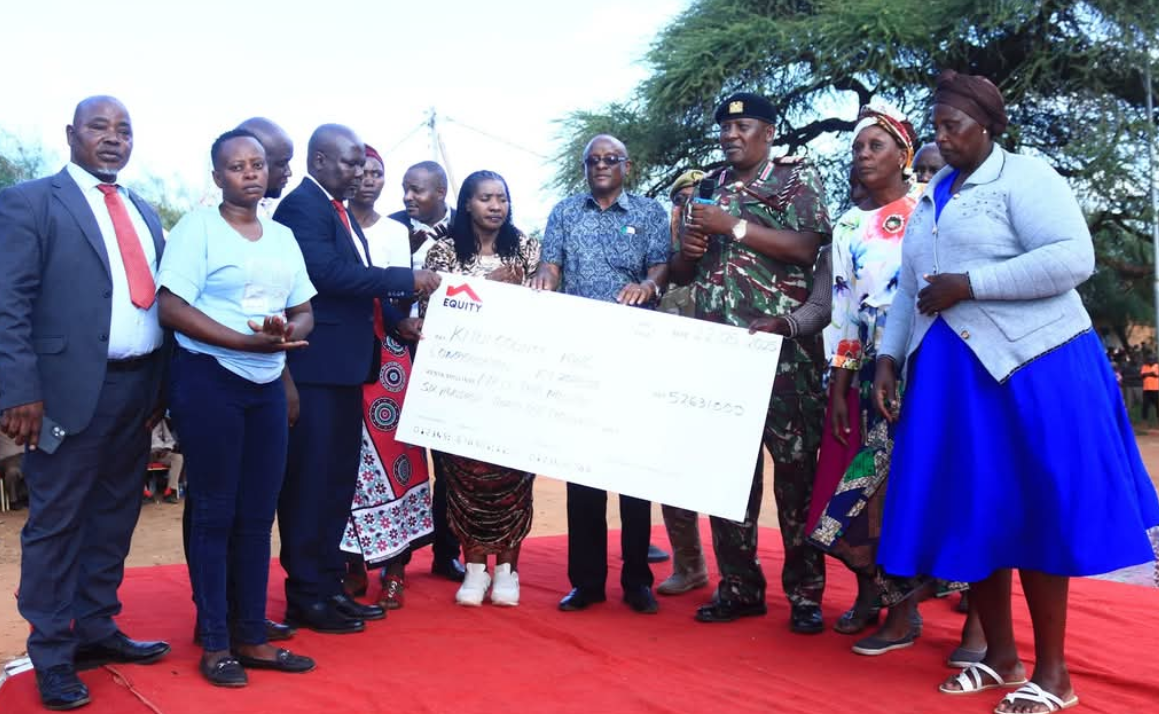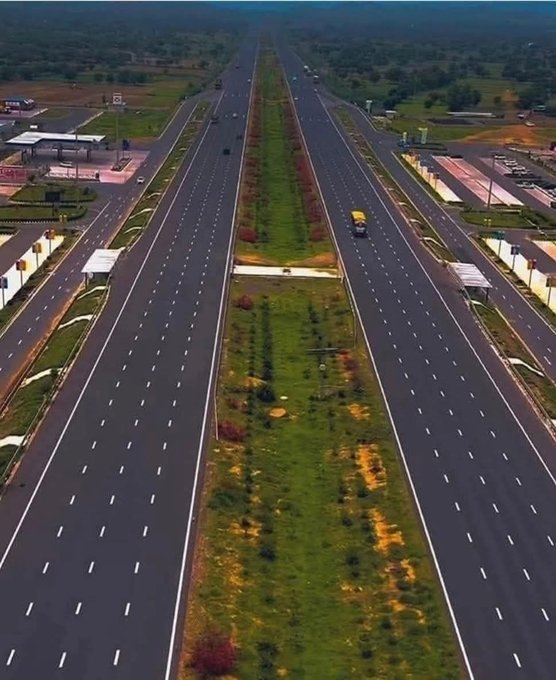
The government has disbursed over Sh2.8 billion being compensation for human-wildlife conflict claims across the country since 2023, Cabinet Secretary for Tourism and Wildlife, has disclosed.
Out of which the ministry has paid a total of Sh52 million being compensation to 26 victims of Human Wildlife Conflict (HWC) in Kitui County.
Kenya Wildlife Services Director, Dr Shadrack Ngene made the disclosure on behalf of the Cabinet Secretary for Tourism and Wildlife, Rebecca Miano, while handing over compensation bank cheques to the 26 victims human-wildlife conflicts during this year's national celebrations of the World Biodiversity day at Mutomo market in Kitui.
In efforts to streamline human wildlife compensation scheme, the ministry has prioritized the processing of all pending HWC compensation claims across the country targeting to release all payments to victims by the end of 2027.
In her speech presented by the KWS director, the CS further noted that plans have been finalised to erect an electric perimeter fence along Kitui South game reserve in order to minimise cases of wildlife-human conflicts prone to the local communities bordering the vast game reserve.
The CS further lamented that over Sh1.36 billion remains in pending claims records owing to more than 20,000 HWC compensation claims that are held up at the county level, some dating back to 2014.
Also, the long procedure involved in making the compensation claims largely contributes to the huge pending claims bill.
In efforts to resolve the menace, Dr. Miano reiterated that her ministry has put in place numerous measures, including prioritization and resumption of Community Wildlife Compensation Committee (CWCC) operations across the country.
"Starting from May 12, 2025, the ministry resumed its nationwide HWC claim verification drive following reinstatement of logistics required to effectively run the exercise," she said.
However, to counter delays witnessed in making claims, the ministry is also piloting a Digital Compensation Scheme for use by victims of HWC across all the 47 counties, including Kitui.
Dr. Miano explained that the system digitises claims processing, uses MPESA for small claim payments, and brings transparency and efficiency into a previously manual, long and tiresome process.
Already, 804 claims amounting to over Sh29 million have been approved nationally and are currently awaiting payment under the piloted digital compensation scheme.
She observed that from 2009 to 2024, over 57,000 HWC incidents were reported nationally.
Kitui County alone has recorded more than 1,000 incidents in the past three years.
Elephants and hyenas are amongst the many wildlife species known for causing damages through crop destruction, livestock predation, and regrettably sometimes severe human injuries and even deaths in Kitui.
"This conflict results in serious economic losses for families, psychological trauma, and threatens our wildlife populations through retaliatory killings. It also undermines Kenya’s conservation efforts and the goodwill that communities have towards wildlife," Miano said.
The CS highlighted that the administration recognizes consequential challenges of human wildlife coexistence and as such has prioritized support for all the affected communities through the Wildlife Conservation and Management Act, 2013, which provides timely fair compensation for human injury, death, and property damage caused by wildlife.
While compensation is very crucial, the Cs urged all the stakeholders to also focus on prevention and long-term human wildlife coexistence.
"The ministry is leveraging new technology such as drones, camera traps, and SMS alerts, supporting local community conservancies and nature-based enterprises like eco-tourism and beekeeping, installation of electric fences and predator-proof enclosures and deployment of rapid response teams at county game parks and reserves," said Miano.
In her final remarks, the CS appealed to the local county residents and leaders to renew their commitment to protecting both wildlife and livelihoods.
"Let us actively participate in compensation processes and mitigation efforts put in place by the government. Let us embrace innovations and community-based conservation models," the CS advised.
During the ceremony, Kitui South Member of Parliament, Rachael Kaki, appreciated the Tourism and Wildlife ministry for the Sh52 million compensation to HWC victims.
The legislator lamented that dozens of snake bite cases are often reported across the constituency, but regrettably, the victims aren't compensated. They are not eligible for compensation as per the existing 2013 Wildlife Conservation and Management Act.
She appealed to the Ministry of Wildlife and Tourism to reinstate snake bites in the list of compensable human wildlife conflicts so that the victims can also benefit and legally be compensated.
The MP further lauded the government for funding the construction of an electric perimeter fence across the Kitui South game reserve, among other development projects set to start soon in the area.
"The government has allocated 226 million shillings for the last mile electricity connectivity project and also 50 million shillings for the construction of a modern market at Mutomo market, among other developments," said the legislator.
Kaki further said that plans are being finalized on release of funds for payment of compensation to local residents who gave out their land during construction of Kibwezi- Kitui- kabati road.
Other local leaders who graced the ceremony included Kitui County Commissioner Rutto Kipchumber, Kitui Deputy Governor Augustine Kanani among others.
Kitui County, like many other parts of Kenya, is a place where human communities and wildlife live side by side, with nearly 65% of Kenya’s wildlife living outside protected areas, often within or near community lands.
Wildlife is a critical asset supporting nature-based tourism, sustaining ecosystems, and contributing to climate resilience among several benefits, however, the coexistence of people and wildlife also brings on board consequential challenges.
The International Day for Biological Diversity celebration served as a platform to raise awareness on the importance of biodiversity and the role of integrated conservation efforts in tackling the human-wildlife conflict.
The Ministry continues to work with county governments and partners to promote community resilience, habitat protection, and early intervention mechanisms to reduce conflict and foster coexistence.











